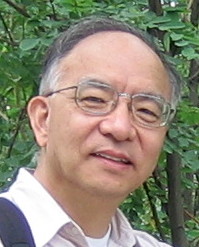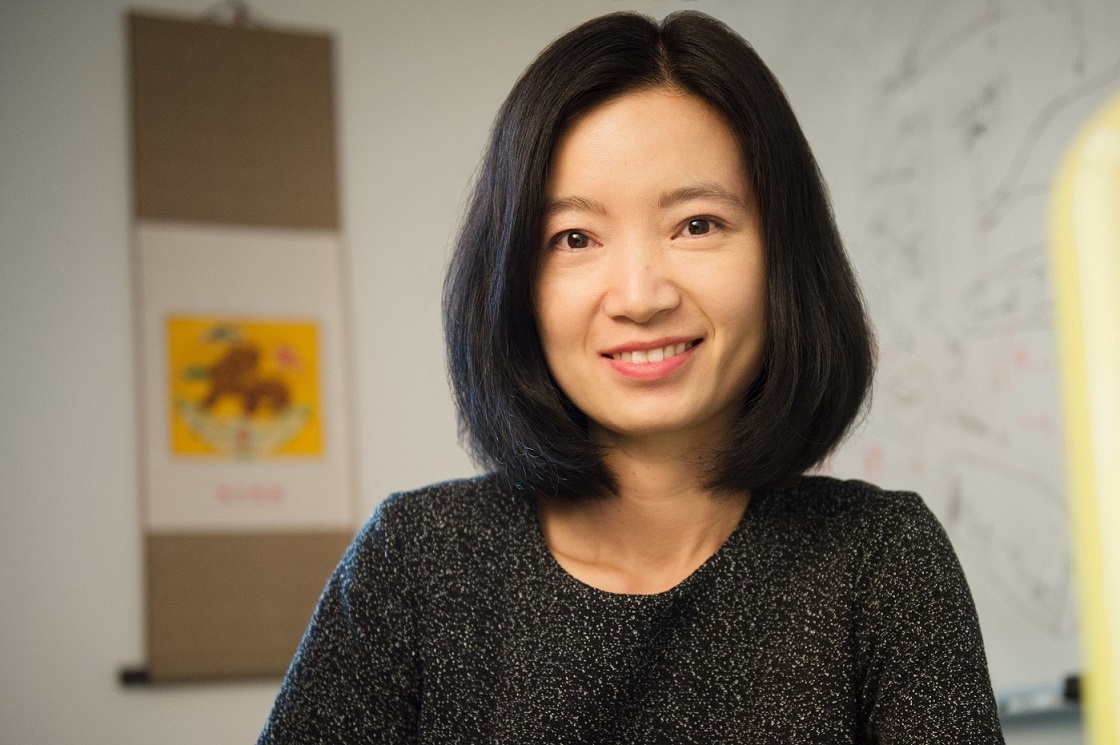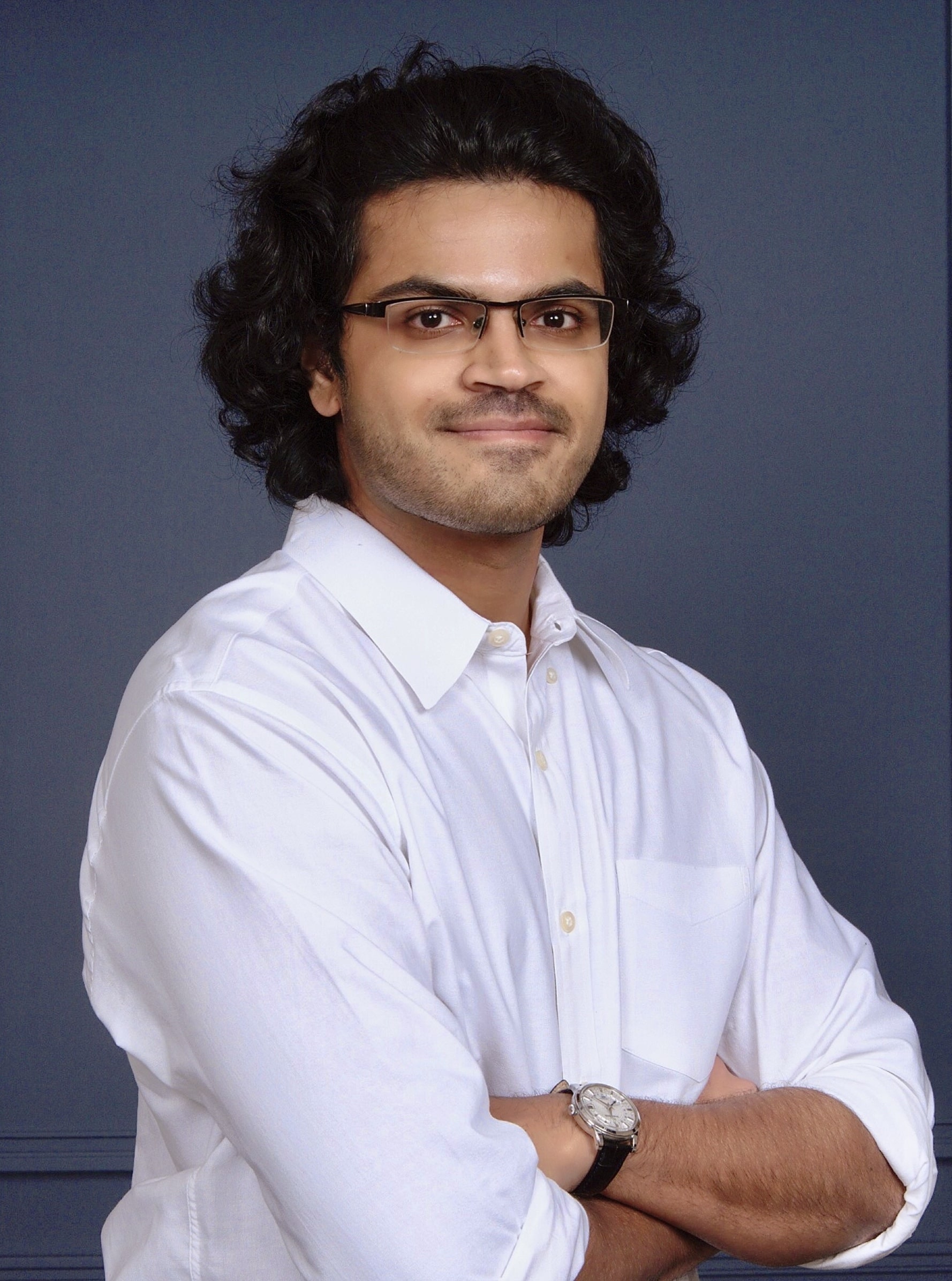Welcome to The Eighth International Workshop on Deep Learning on Graphs (DLG-KDD'22)!

Jiawei Han
Title: Towards Automatic Construction of Text-Rich Information Networks from Text
Abstract: Graphs and texts are both ubiquitous in today's information world. However, it is still an open problem on how to automatically construct text-rich information networks from massive, dynamic, and unstructured massive texts, without human annotation or supervision. In the past years, our group has been studying how to develop effective methods for automatic mining of hidden structures and knowledge from text, and such hidden structures include entities, relations, events, and knowledge graph structures. Equipped with pretrained language models and machine learning methods, as well as human-provided ontological structures, it is promising to transform unstructured text data into structured knowledge. In this talk, we will provide an overview on a set of weakly supervised machine learning methods developed recently for such an exploration, including joint spherical text embedding, discriminative topic mining, named entity recognition, relation extraction, event discovery, text classification, and taxonomy-guided text analysis. We show that weakly supervised approach could be promising at transforming massive text data into structured knowledge graphs.
Short Bio: Jiawei Han is Michael Aiken Chair Professor in the Department of Computer Science, University of Illinois at Urbana-Champaign. He received ACM SIGKDD Innovation Award (2004), IEEE Computer Society Technical Achievement Award (2005), IEEE Computer Society W. Wallace McDowell Award (2009), and Japan's Funai Achievement Award (2018). He is Fellow of ACM and Fellow of IEEE and served as the Director of Information Network Academic Research Center (INARC) (2009-2016) supported by the Network Science-Collaborative Technology Alliance (NS-CTA) program of U.S. Army Research Lab and co-Director of KnowEnG, a Center of Excellence in Big Data Computing (2014-2019), funded by NIH Big Data to Knowledge (BD2K) Initiative. Currently, he serves on the executive committees of two NSF-funded research centers: MMLI (Molecular Make Research Institute)—an NSF-funded national AI center since 2020 and I-Guide—The National Science Foundation (NSF) Institute for Geospatial Understanding through an Integrative Discovery Environment (I-GUIDE) since 2021.

Yizhou Sun
Title: Combining Representation Learning and Logical Rule Reasoning for Knowledge Graph Inference
Abstract: Knowledge graph inference has been studied extensively due to its wide applications. It has been addressed by two lines of research, i.e., the more traditional logical rule reasoning and the more recent knowledge graph embedding (KGE). In this talk, we will introduce two recent developments in our group to combine these two worlds. First, we propose to leverage logical rules to bring in high-order dependency among entities and relations for KGE. By limiting the logical rules to be the definite Horn clauses, we are able to fully exploit the knowledge in logical rules and enable the mutual enhancement of logical rule-based reasoning and KGE in an extremely efficient way. Second, we propose to handle logical queries by representing fuzzy sets as specially designed vectors and retrieving answers via dense vector computation. In particular, we provide embedding-based logical operators that strictly follow the axioms required in fuzzy logic, which can be trained by self-supervised knowledge completion tasks. With additional query-answer pairs, the performance can be further enhanced. With these evidence, we believe combining logic with representation learning provides a promising direction for knowledge reasoning.
Short Bio: Yizhou Sun is an associate professor at department of computer science of UCLA. She received her Ph.D. in Computer Science from the University of Illinois at Urbana-Champaign in 2012. Her principal research interest is on mining graphs/networks, and more generally in data mining, machine learning, and network science, with a focus on modeling novel problems and proposing scalable algorithms for large-scale, real-world applications. She is a pioneer researcher in mining heterogeneous information network, with a recent focus on deep learning on graphs/networks. Yizhou has over 150 publications in books, journals, and major conferences. Tutorials of her research have been given in many premier conferences. She is a recipient of KDD Best Student Paper Award, ACM SIGKDD Doctoral Dissertation Award, Yahoo ACE (Academic Career Enhancement) Award, NSF CAREER Award, CS@ILLINOIS Distinguished Educator Award, Amazon Research Awards (twice), Okawa Foundation Research Award, and VLDB Test of Time Award.

Neil Shah
Title: Scaling up Graph Neural Networks at Snap
Abstract: Graph Neural Networks (GNNs) are an increasingly popular tool for graph machine learning and have shown great results on a wide variety of node, link and graph-level tasks. Yet, they are less popular for practical deployments in industry settings owing to their unique scalability challenges. Large graphs are expensive to store and train GNN models over, with computational overheads worsening dramatically in applications which require neural architecture search. Moreover, trained GNN models are expensive to deploy in real-time-inference settings, where the complex multi-hop data-dependency characteristic of GNNs manifests as latency overhead due to fetching features and graph topology required to make inferences. In this talk, I will discuss recent advances in efficient training and inference for GNNs aimed at circumventing these challenges from our group's recent works published at ICLR'22.
Short Bio: Neil Shah is a Lead Research Scientist at Snap Inc, with interests spanning data mining, machine learning and computational social science, specifically in the contexts of graph-based modeling of user behavior and misbehavior. His work has resulted in 45+ conference and journal publications, in top venues such as ICLR, KDD, WSDM, WWW, AAAI and more, including several best-paper awards. He has also served as an organizer, chair and senior program committee member at a number of these. He has had previous research experiences at Lawrence Livermore National Laboratory, Microsoft Research, and Twitch. He earned a PhD in Computer Science in 2017 from Carnegie Mellon University’s Computer Science Department, funded partially by the NSF Graduate Research Fellowship.
